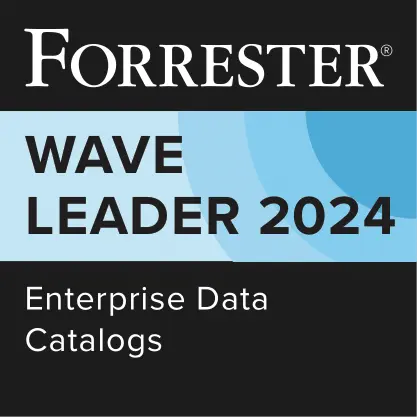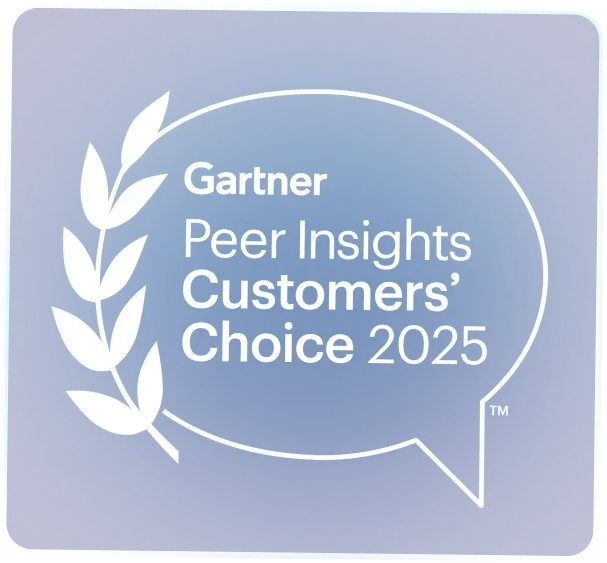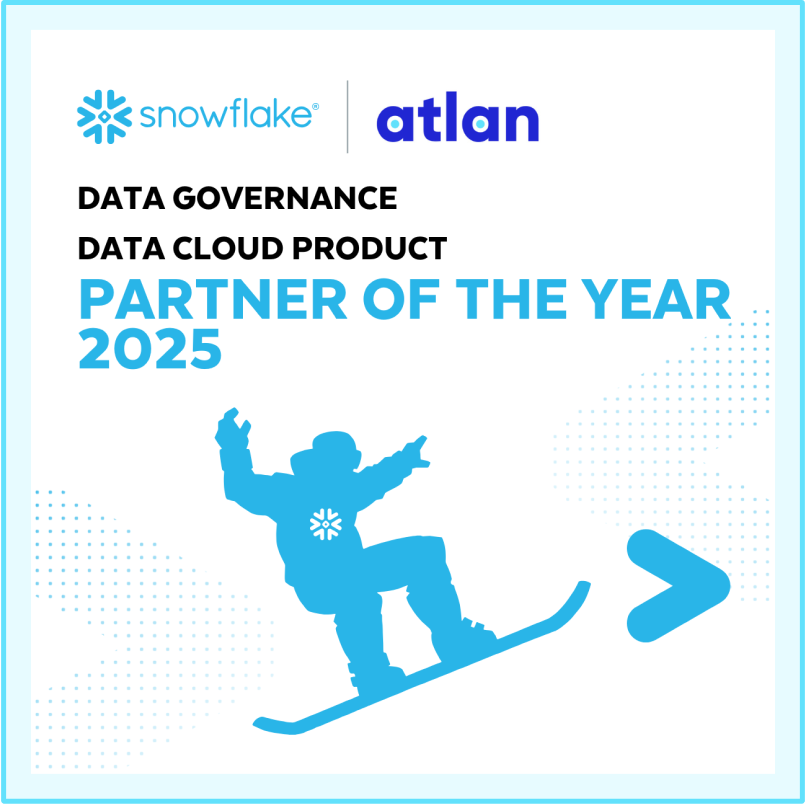Alation
vs Atlan
vs Atlan
Traditional catalogs weren't built for cloud-native, AI-driven workloads—they store metadata but don't activate it. Atlan changes that with automation-first, adoption centric design and open extensibility that turns metadata into a living intelligence layer across your data estate.
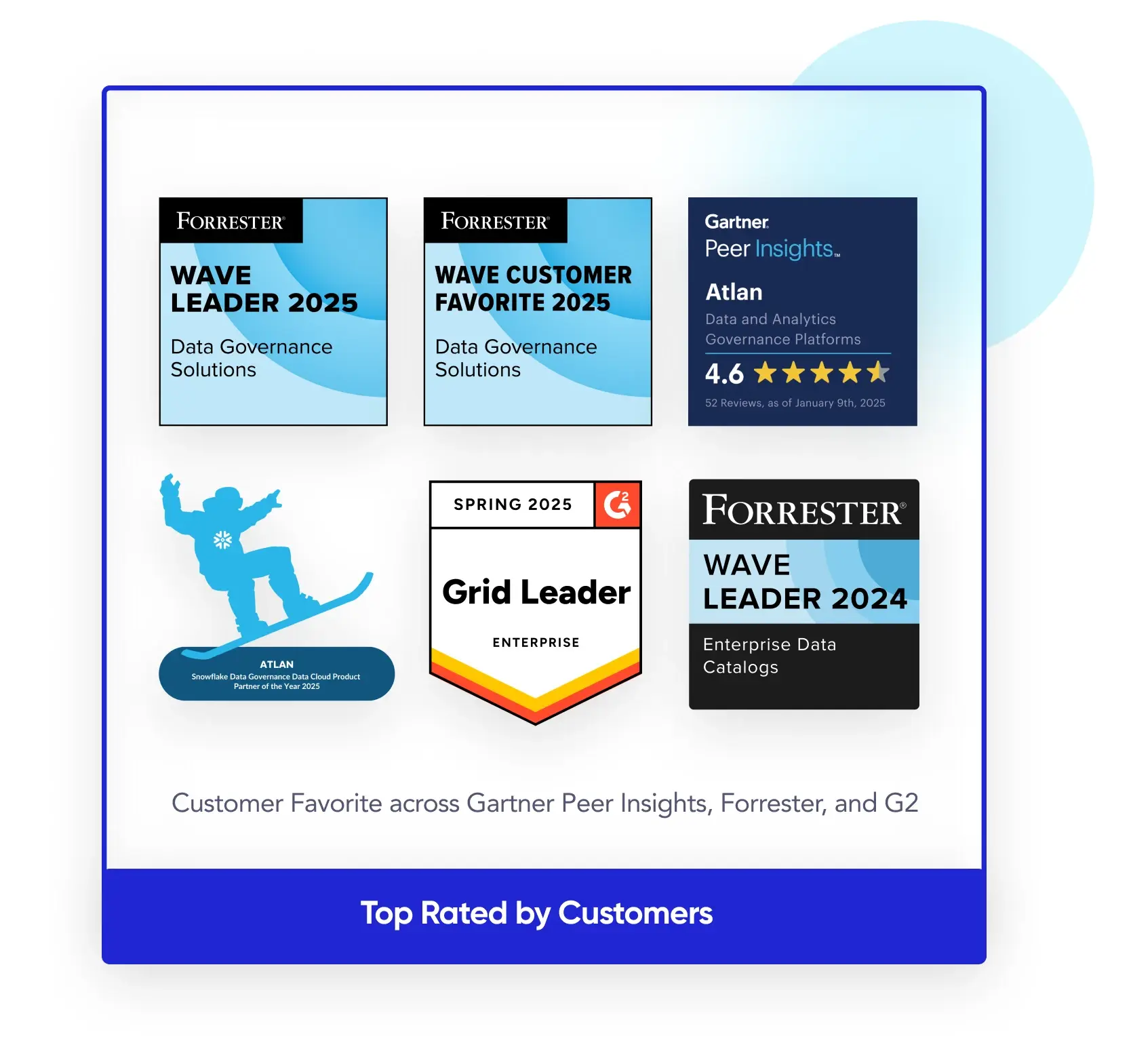
Trusted by companies with
more than $10T in enterprise value
Why top data teams choose Atlan
and never look back
Adoption-driven
Automation
Open and extensible
Data products marketplace
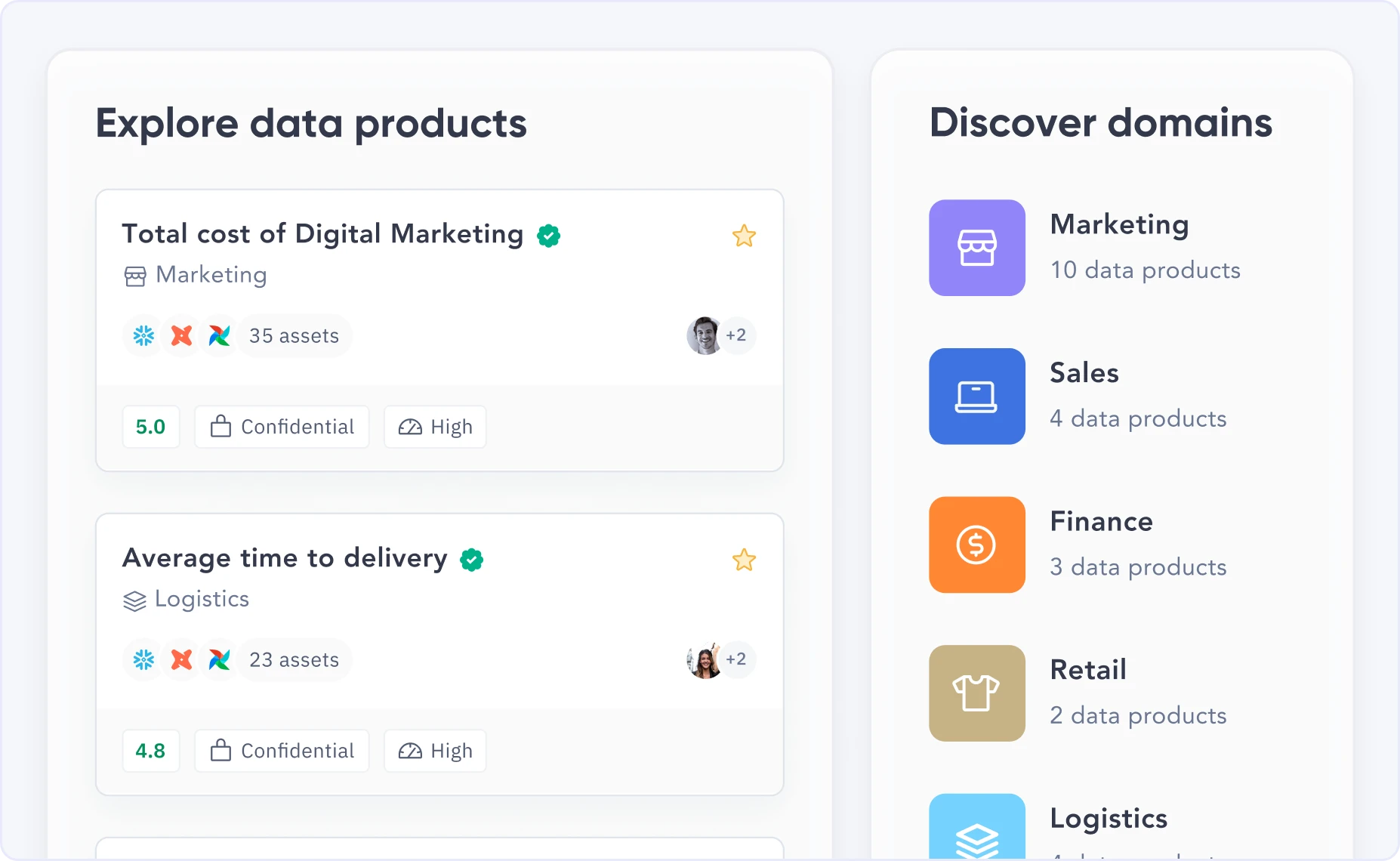
Adoption-first design
Intuitive data discovery


Industry leaders choose Atlan over legacy catalogs
Alation vs Atlan:
key differences that drive better outcomes
User experience & adoption
Technical architecture & performance
Governance & automation
Business value & ROI
Future-ready capabilities
| What Teams Need |  |  |
|---|---|---|
| Intuitive Experience | Personalized UI with business-friendly search | Complex UI/UX. Not easy to use for non technical users |
| Embedded Context | Context in end-user tools (e.g., Slack, Microsoft Teams, Jira, GitHub, Google Sheets) | Context primarily accessed within the catalog, with limited embedded capabilities |
| Search & Discovery | Semantic, AI-powered search delivers instant, contextual results | ML-powered search with less intuitive and relevant results |
Alation vs Atlan: what users say
Authentic voice from the data community (G2)
| Feature | Why it matters | ||
|---|---|---|---|
Ease of Use | 9/10 | 8.3/10 | Teams adopt faster with less training |
Data Discovery | 9.5/10 | 8.4/10 | Users find what they need, fast |
Data Lineage | 9.3/10 | 7.3/10 | Clear impact analysis prevents breaks |
Business and Data Glossary | 9.2/10 | 8.5/10 | Shared language, faster alignment |
Metadata Management | 9.3/10 | 8/10 | Context stays accurate automatically |
Quality of Support | 9.3/10 | 8.6/10 | Partnership approach drives success |
Overall Rating | 4.5/5 (121 reviews) | 4.4/5 (92 reviews) | Trusted by peers |
G2's analysis highlights that Atlan scores higher on Ease of Use and Quality of Support, making it easier to set up and integrate while delivering more responsive and effective support than Alation.























